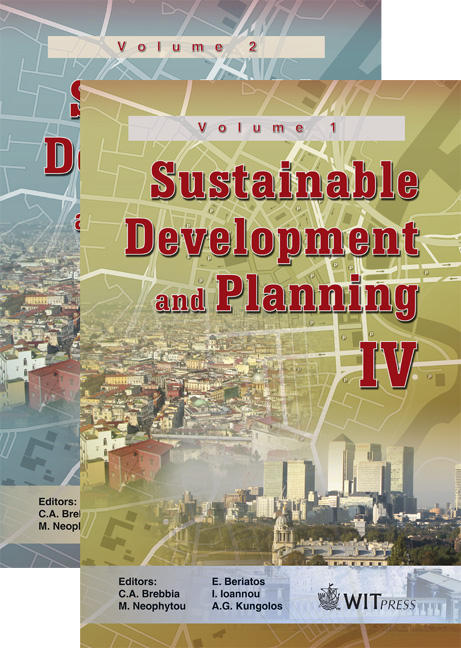Developing A Molecular Method For Screening The Resistance To A Pathogen Of Tomato Plants To Contribute To Limiting The Use Of Toxic Chemicals In Soil
Price
Free (open access)
Transaction
Volume
120
Pages
6
Page Range
519 - 524
Published
2009
Size
460 kb
Paper DOI
10.2495/SDP090482
Copyright
WIT Press
Author(s)
M. Aragona, A. Infantino & M. Papacchini
Abstract
Many soil-borne fungal pathogens cause severe diseases of many important crops. Their control is mainly based on the application of toxic chemicals to the soil, thus representing a serious problem for the environment. Pyrenochaeta lycopersici, the cause of the corky root disease of plants both in the field and in the greenhouse, is a well-studied pathogen of tomato plants. The most effective way to resist the disease has been the use of methyl bromide, which is actually banned, while other chemicals are less effective and still toxic for the environment and the users. The identification and utilization of tomato plant cultivars resistant to the disease represents a valid alternative to the use of chemicals. With this objective, the research aimed to develop a molecular method for the early screening of plants resistant to corky root to be used in breeding programs. The method includes the artificial inoculation of the roots of young tomato plants with a virulent P. lycopersici isolate expressing the β- glucuronidase gene, obtained via genetic transformation of a wild fungal isolate. The histochemical assay of infected roots showed that in resistant cultivars the growth of the fungus is limited from the first stage of the infection. By this method it should be possible to discriminate among susceptible and resistant plants based on the quantification of β-glucuronidase differentially produced in the infected roots of the tomato plant, in 15 days instead of the 40 days needed with the conventional screening test used until now. The high accuracy of this method will improve the screening procedures for the production of resistant plants, allowing a useful reduction in the use of toxic chemicals in the cultivated soils. Keywords: tomato, disease resistance, infested soil, β-glucuronidase.
Keywords
tomato, disease resistance, infested soil, β-glucuronidase.





